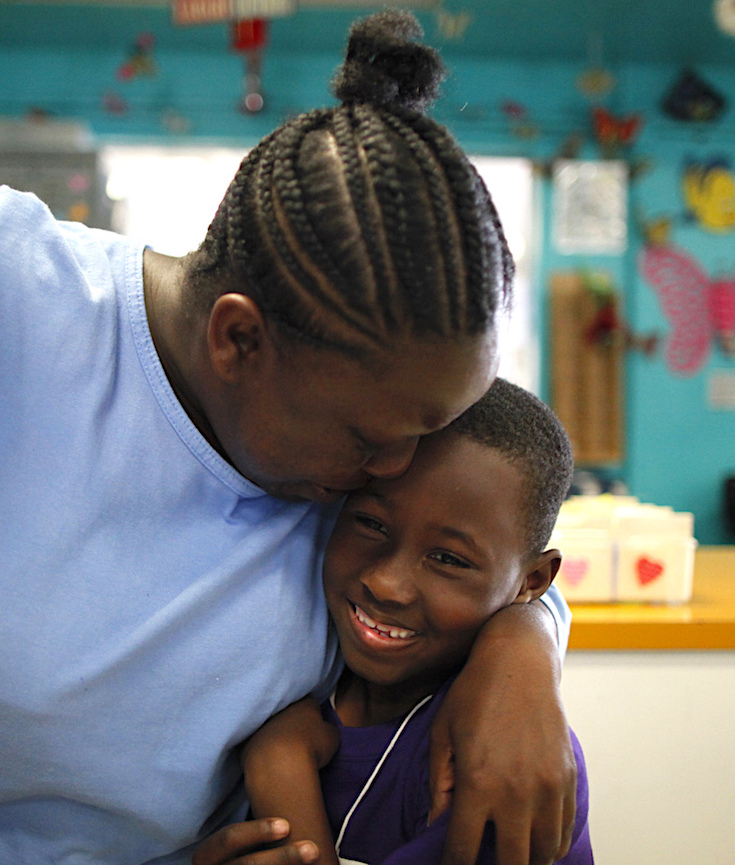This week, black women in more than a dozen jails across the country will receive a Mother’s Day gift from the Black Lives Matter movement: their freedom. These women are among the 62 percent of people in jail who are there not because they’ve been convicted of a crime but because they can’t pay to get back to their lives as they await trial. Organizers with Southerners on New Ground (SONG), the Movement for Black Lives, ColorOfChange, and other groups have reached their goal of raising more than $250,000 for what they’re calling National Mama’s Bail Out Day, and are continuing to raise more. These groups will pay for the release of women whose pretrial detention illustrates much of what’s wrong with the criminal justice system. Many of the women who will be freed are in jail for low-level offenses such as loitering or small-scale drug possession. Nationwide, nearly a third of all women in jail have serious mental health issues, and the racial disparity is clear: Black women make up 44 percent of women in jails.
[mc4wp_form id=”6042″]
 Photo | REUTERS/Lucy Nicholson
Photo | REUTERS/Lucy Nicholson
Black Lives Matter (BLM) is an international activist movement, originating in the African-American community, that campaigns against violence toward black people. BLM regularly organizes protests around the deaths of black people in killings by law enforcement officers, and broader issues of racial profiling, police brutality, and racial inequality in the United States criminal justice system.
In 2013, the movement began with the use of the hashtag #BlackLivesMatter on social media, after the acquittal of George Zimmerman in the shooting death of African-American teen Trayvon Martin. Black Lives Matter became nationally recognized for its street demonstrations following the 2014 deaths of two African Americans: Michael Brown, resulting in protests and unrest in Ferguson, and Eric Garner in New York City.
Since the Ferguson protests, participants in the movement have demonstrated against the deaths of numerous other African Americans by police actions or while in police custody, including those of Tamir Rice, Eric Harris, Walter Scott, Jonathan Ferrell, Sandra Bland, Samuel DuBose and Freddie Gray. In the Summer of 2015, Black Lives Matter began to publicly challenge politicians—including politicians in the 2016 United States presidential election—to state their positions on BLM issues. The overall Black Lives Matter movement, however, is a decentralized network and has no formal hierarchy or structure. (Wikipedia).


You must be logged in to post a comment.